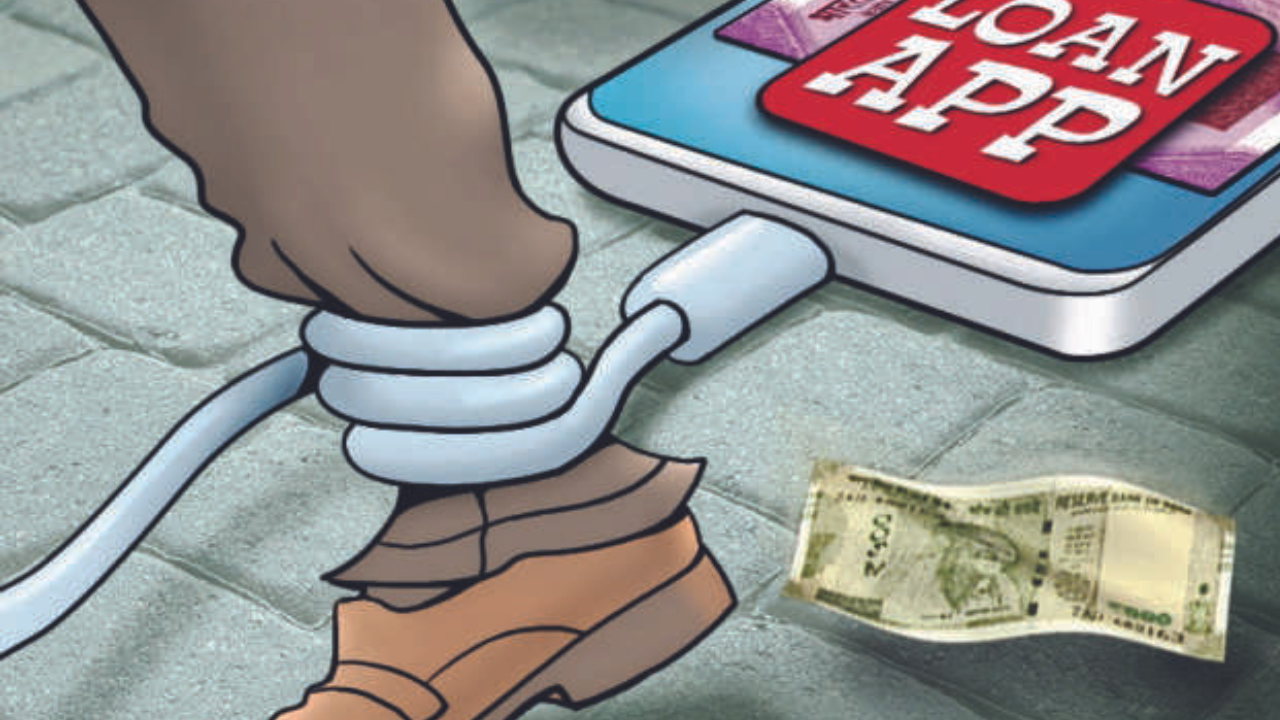Google released an update to its Personal Loans policy for apps on Play Store, which includes new restrictions that prevent apps from accessing external storage, photos, videos, contacts, precise location, and call logs. These changes to Google’s Financial Services policies will be implemented from May 31.
“Apps that provide personal loans, or have the primary purpose of facilitating access to personal loans (i.e., lead generators or facilitators), are prohibited from accessing sensitive data, such as photos and contacts,” the company said in the update.
Some borrowers who get credit through mobile apps face harassment by debt collectors. These agents have reportedly accessed borrowers’ images and contacts and used manipulated images to intimidate them. In extreme cases, this has led to targeted individuals taking their own lives. This trend has raised concerns about the safety of borrowers.
Instances of such harassment were widely reported in India and Kenya. Google responded to alerts from law enforcement agencies and central banks by blocking hundreds and thousands of personal loan apps from the Play Store. In addition, the company implemented rules to prohibit unlicensed loan apps from the Play Store.
Google has mandated specific licensing documentation for personal loan apps on the Play Store in Pakistan in order to ensure their capability to provide credit. The company has also made it obligatory for non-banking financial firms in the country to have only one digital lending app available on the Play Store.
The new policy is being introduced in markets including India, Kenya, Nigeria, the Philippines, and Indonesia.
!(function(f, b, e, v, n, t, s) {
window.TimesApps = window.TimesApps || {};
const { TimesApps } = window;
TimesApps.loadFBEvents = function() {
(function(f, b, e, v, n, t, s) {
if (f.fbq) return;
n = f.fbq = function() {
n.callMethod ? n.callMethod(…arguments) : n.queue.push(arguments);
};
if (!f._fbq) f._fbq = n;
n.push = n;
n.loaded = !0;
n.version = ‘2.0’;
n.queue = [];
t = b.createElement(e);
t.async = !0;
t.defer = !0;
t.src = v;
s = b.getElementsByTagName(e)[0];
s.parentNode.insertBefore(t, s);
})(f, b, e, v, n, t, s);
fbq(‘init’, ‘593671331875494’);
fbq(‘track’, ‘PageView’);
};
})(
window,
document,
‘script’,
‘https://connect.facebook.net/en_US/fbevents.js’,
);if(typeof window !== ‘undefined’) {
window.TimesApps = window.TimesApps || {};
const { TimesApps } = window;
TimesApps.loadScriptsOnceAdsReady = () => {
var scripts = [
‘https://static.clmbtech.com/ad/commons/js/2658/toi/colombia_v2.js’,
‘https://www.googletagmanager.com/gtag/js?id=AW-877820074’,
‘https://www.googletagmanager.com/gtag/js?id=AW-658129294’,
‘https://timesofindia.indiatimes.com/grxpushnotification_js/minify-1,version-2.cms’,
‘https://connect.facebook.net/en_US/sdk.js#version=v10.0&xfbml=true’,
‘https://timesofindia.indiatimes.com/locateservice_js/minify-1,version-14.cms’
];
scripts.forEach(function(url) {
let script = document.createElement(‘script’);
script.type=”text/javascript”;
if(!false && !false && !false && url.indexOf(‘colombia_v2’)!== -1){
script.src = url;
} else if (!false && !false && !false && url.indexOf(‘sdkloader’)!== -1) {
script.src = url;
} else if (!false && (url.indexOf(‘tvid.in/sdk’) !== -1 || url.indexOf(‘connect.facebook.net’) !== -1 || url.indexOf(‘locateservice_js’) !== -1 )) {
script.src = url;
} else if (url.indexOf(‘colombia_v2’)== -1 && url.indexOf(‘sdkloader’)== -1 && url.indexOf(‘tvid.in/sdk’)== -1 && url.indexOf(‘connect.facebook.net’) == -1){
script.src = url;
}
script.async = true;
script.defer = true;
document.body.appendChild(script);
});
}
}








More News
OnePlus Nord CE 4 to launch in India on April 1: Here’s what the smartphone will offer – Times of India
Xiaomi 14 series is now available in India: Sale, pre-booking and more – Times of India
Kiren Rijiju: Why Earth Sciences minister Rijiju is upset with this European IT company | – Times of India